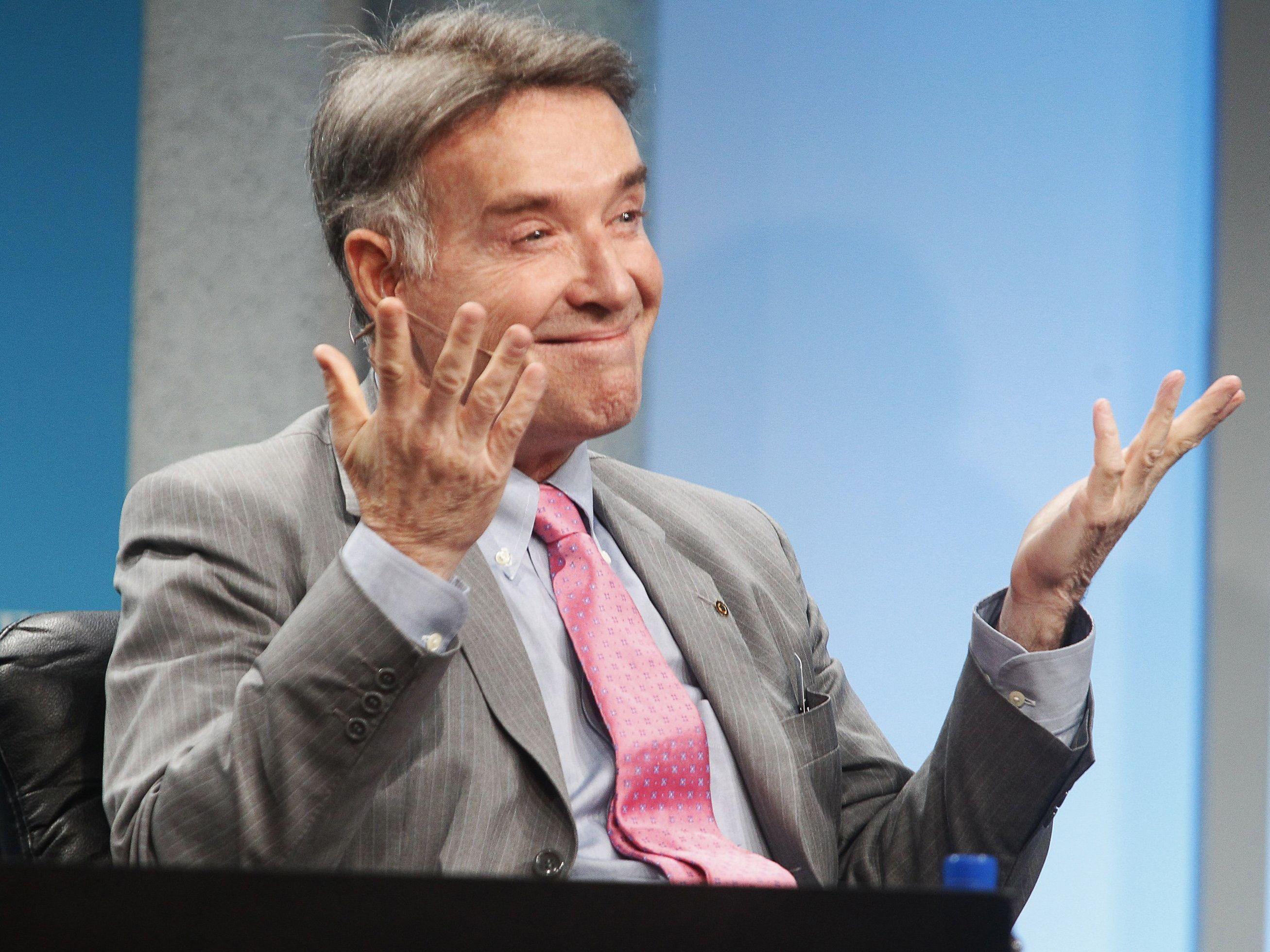At the Bookforum website, Noah Kulwin reviews the book Brazillionaires Alex Cuadros, which “chronicles the accumulation, entrenchment, maintenance, and expansion of the country’s largest fortunes and business empires,” writes Kulwin. In the book, Cuadros explains how Brazil’s wealthy elite became entrenched, and how they manipulate government to keep themselves that way. Here’s an excerpt from the review:
Although Eike Batista’s spectacular combustion is the most gripping story in Brazillionaires, it’s something of an anomaly. Brazil’s wealthiest billionaire, Jorge Paulo Lemann, is a staid, Harvard-educated financier who buys big, boring brands and squeezes them for profits. Though overt corruption is the norm in Brazil in ways that it isn’t in the United States, there are plenty of Brazillionaires who operate like their more shadowy neighbors to the north; the subtitle of Cuadros’ book is “Wealth, Power, Decadence, and Hope in an American Country.”
Cuadros spends many pages expounding on the unique relationship that Brazilian businesses have with the government; he says that Brazilians have never drawn “a clear line between public and private.” There are readymade words for this business and political culture, like malandro (“tramps who live off the occasional swindle… [who] can also be a kind of antihero”) and jeitinho (the malandro’s “‘little way’ around society’s rules”). Cuadros offers up at almost another dozen words referring to cheats and scams, including Brazillionaire methods for hiding wealth: testa de ferro (front man), rabo preso (a gentleman’s agreement between corrupt politicians who are too compromised to rat one another out), laranja (another word for front man that literally means “orange”; Cuadros calls it an “etymological mystery”). While there is a general sense of exasperation with the raw deal that many of the country’s poorest are getting, by and large Brazilians are complacent about it. It’s part of the way modern Brazil has always operated.
Image: Eike Batista, who was Brazil’s richest person until his recent financial troubles.
